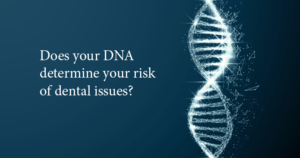GERD and YOUR DENTAL HEALTH
More than 10% of Americans suffer from the burning and discomfort of heartburn, which is a common symptom of gastroesphageal reflux disease (GERD). With GERD the esophageal muscles are unable to keep stomach acids from flowing upward, causing erosion of the lining and the uncomfortable burning associated with heartburn.
In addition to damaging your esophagus and increasing your risk for esophageal cancer, over time GERD can erode tooth enamel. Research indicates tooth enamel begins to erode at a pH of 5.5. With a pH of less than 2.0, your stomach acid can easily damage tooth enamel and cause increased tooth sensitivity, decay, discoloration and chipping.
Treatment can be accomplished by your medical doctor after a variety of tests and a confirmed diagnosis of GERD. There are lifestyle changes and medications that can control the chronic condition.
Practicing good oral hygiene is the best way to prevent acid reflux from damaging your teeth and causing decay. You can
Brush twice a day
Visit dentist regularly
Use dentin fluoride enriched toothpaste
Rinse your mouth with water following reflux episodes
Do NOT brush your teeth for at least 60 minutes after consuming acidic foods or drinks.
Dissolve baking soda in water and swish around the mouth after the reflux occurs.
Avoid over-the-counter antacids- especially at night– they have a high sugar content.
If you feel you are at risk for GERD talk to you physician.


